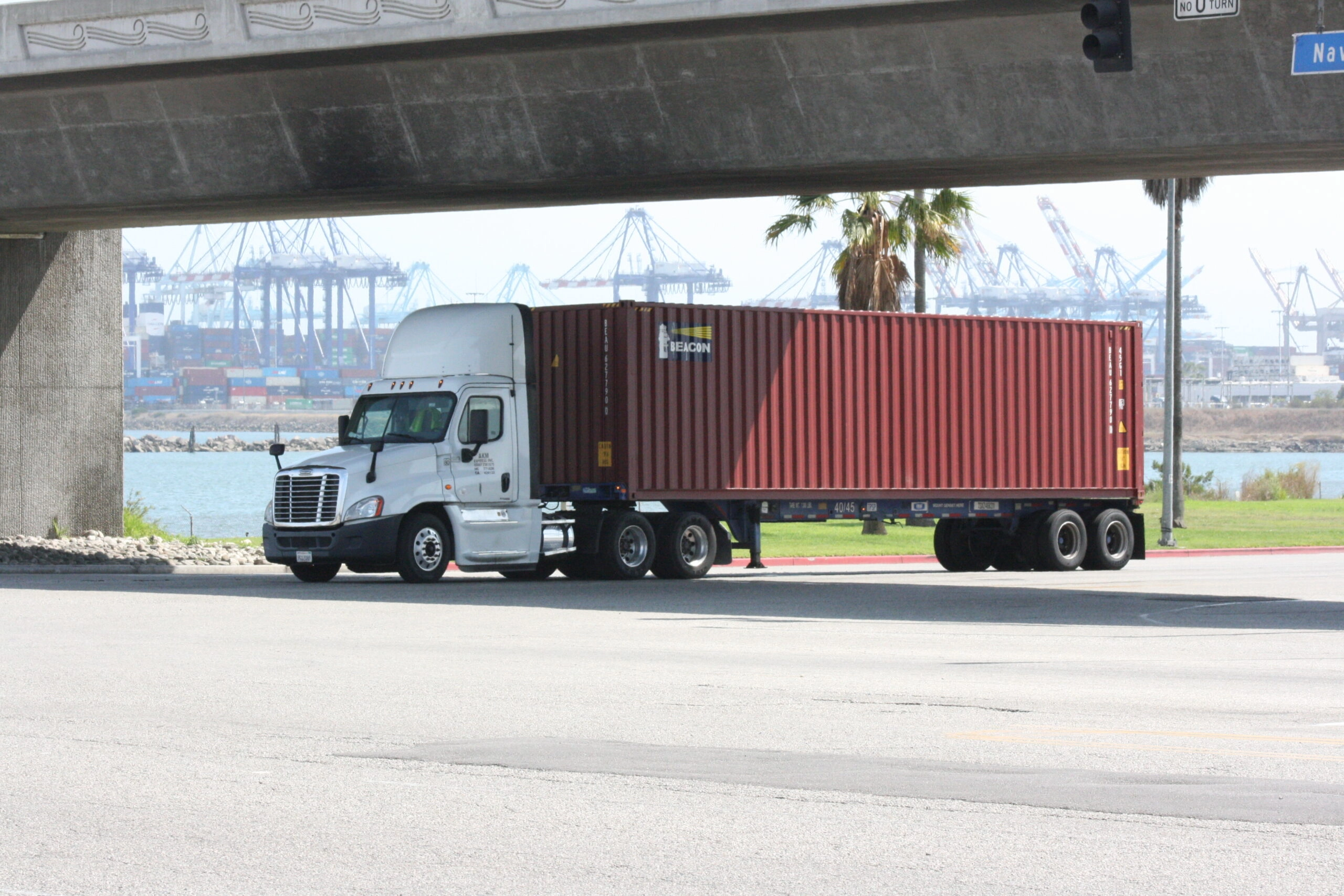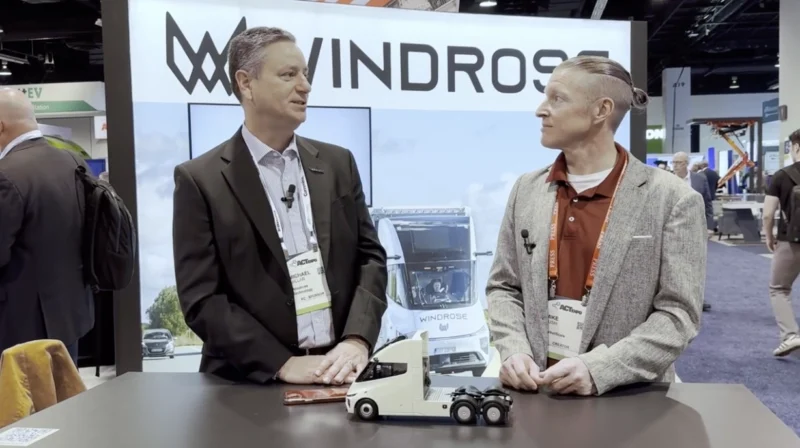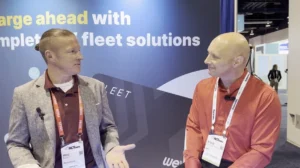California’s Advanced Clean Fleets rule receives mixed reviews
This article originally appeared on Cargomatic.com

MAY 10, 2023 — California’s air regulator has passed the Advanced Clean Fleets rule, a regulation aimed at improving the state’s air quality but one that trucking advocates fear may create problems in the supply chain.
On April 28, the California Air Regulations Board (CARB) unanimously passed what Chairperson Liane Randolph called an “absolutely transformative rule” that will prohibit the sale of medium- and heavy-duty diesel trucks in California by 2036.
“This is an absolutely transformative rule to clear our air and mitigate climate change,” Randolph said. “We all know there are a lot of challenges, but those challenges aren’t going to be tackled unless we move forward.”
Mario Cordero, executive director of the Port of Long Beach, said CARB’s actions are “welcome and needed” steps to improve the state’s air quality.
“The Port of Long Beach embraces CARB’s new rules, which mirror and support the 2017 update of our own San Pedro Bay Clean Air Action Plan,” he said. “CARB’s actions will certainly bolster our efforts and bring healthier air to all Californians.”
The new regulation requires that from January 1, 2024, only zero-emission vehicles can be added to the registry for drayage trucks that haul containers to and from the state’s ports. By 2035, all drayage trucks must be zero emission—a deadline many think impossible to meet.
While hailed in some quarters, the new measure met with criticism from stakeholders in the motor carrier industry, worried in particular about the lack of a public charging infrastructure for electric trucks.
“Public charging is needed on a massive scale, it does not exist, and the rule has no concessions for fleets who won’t or can’t install their own infrastructure,” said Chris Shimoda, Senior Vice President of the California Trucking Association.
“Neither the vehicle technology or infrastructure is at the maturity to support the proposed timeline and scope,” Shimoda said.
Absent the infrastructure to charge electric trucks, as well as the finances to buy them, there are concerns about disruptions to the supply chain and increased costs for shippers.
“California is setting unrealistic targets and unachievable timelines that will undoubtedly lead to higher prices for the goods and services delivered to the state and fewer options for consumers,” Chris Spear, President of the American Trucking Associations said.
“If the rule moves forward … you are going to see a lot of the same problems that we had during the pandemic,” Shimoda said. “It’s a supply chain crisis of our own making.”








